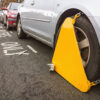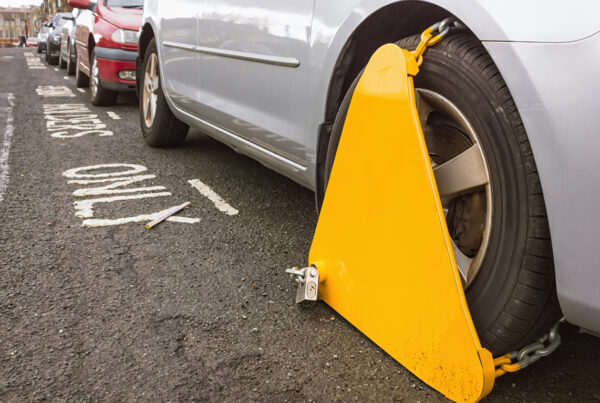Getting your driving licence in Northern Ireland means spending a lot of time, money and effort in the pursuit.
But what if you knew the most common reasons people fail their driving tests so you could (hopefully) avoid them?
In 2019 (pre-covid) over 55,000 people of all ages took their practical driving tests in Northern Ireland.
The DVA recorded a pretty impressive pass-rate of 55% for private cars.
Contrast that to the UK as a whole – where less than 46% passed their driving tests in 2018-19 – and you can see why people in Northern Ireland will fancy their chances for a successful test outcome.
During October to December 2020 COVID-19 restrictions severely curtailed driver testing, and it was only available for roughly a third of this period. As such, the DVA conducted just under 6,000 driver tests during the quarter, approximately a third of the usual volume. The pass-rate for private-car driver tests was 66.1%, up by 11.5 percentage points on the pre-pandemic five-year average.
But taking your driving test is never a foregone conclusion.
However, by looking at the common reasons for failing a driving test, you’ll notice that there are things you should practice to ensure you’re not added to next year’s statistics for all the wrong reasons.
Here are the top five most common reasons people have failed their driving tests in recent years.
1. Junctions – observation.
We’re taught from a young age about the importance of observation; for example, to look left and right when crossing the road.
And New Driver NI’s Stephen Savage says the same mindset is needed when taking your driving test.
“Over the last number of years driving instructors have noted a faili in driving tests due to the driver’s observation at junctions,” he explains.
And it’s one of the essential parts of driving and a leading cause of accidents on UK roads too.
Remember, always approach a roundabout or junction at a safe speed and examine your surroundings, for example, other traffic, pedestrians, cyclists and motorcyclists.”
“The take-home message is: make sure it is safe before you proceed,” he adds.
2. Mirrors – change direction.
The second common reason for NI motorists failing their driving test is the use (or lack of use) of their mirrors for changing direction.
“Your mirrors are vital and give you a 360-degree field of vision and allow you to see what is happening around your car,” Stephen explains.
“Always ensure all your mirrors are adjusted correctly to your needs and use them fully when reversing, parallel parking, overtaking and to have a good view of what is going on near your vehicle.
He adds, “Your mirrors need to be used throughout your journey as they’re providing you with visual information before a change of lane or a sudden direction change.”
3. Control – steering.
Unsurprisingly, being able to control your car is pretty important not just during a driving test, but in everyday life.
Stephen says, to ensure you don’t fail due to poor steering or lack of control, new Northern Ireland drivers should concentrate on the basics.
“That is, be in control of the car at all times in any weather, drive safely inside your lane, don’t drive too close to the kerb and use the steering wheel smoothly,” he says.
“Avoid crossing your hands on the steering wheel, and unless you’re changing gears, your two hands should be on the steering wheel the majority of the time.”
Stephen adds, “You should always be in control; don’t let your steering wheel self-centre either.”
4. Junctions – turning right.
There’s no doubt about it, turning right at a junction can be a challenging, stressful experience for new NI drivers.
Stephen explains, “It’s challenging because drivers have to come to a stop usually and then determine the speed and distance of traffic to their left and right.
Ultimately, it’s about getting the timing right on a busy road to ensure you safely make the manoeuvre.
The most important thing to remember is only to start moving when you’re confident it is safe to do so.
And when you do start moving, position your car correctly so that you don’t cut the corner,” he adds.
5. Move off – safely.
Your Northern Ireland driving test will have many challenges, but none can affect your confidence as much as number five: moving off safely.
That’s because it’s the first thing you do when you get into the car beside your examiner on test day.
“Your examiner will observe how you check around you for other road users such as motorists, pedestrians and cyclists,” Stephen explains.
“And a lot of new drivers may not get off to the best start with this, and it’ll knock their confidence for the rest of the test.
Again, the importance of using your mirrors comes into play.
Check all mirrors before moving off and use your eyes and ears to determine any possible situations.
Be alert. Before setting off, have one last look in your mirrors and around you,” he adds.
Keep up to date with all the Northern Ireland driving news, tips and tricks on the New Driver NI website.










